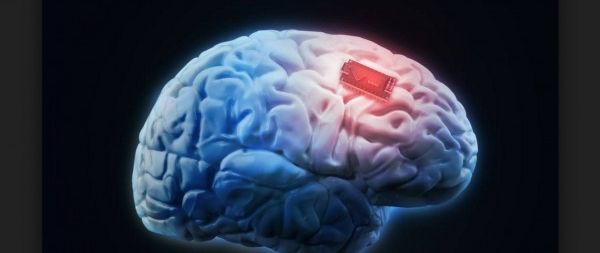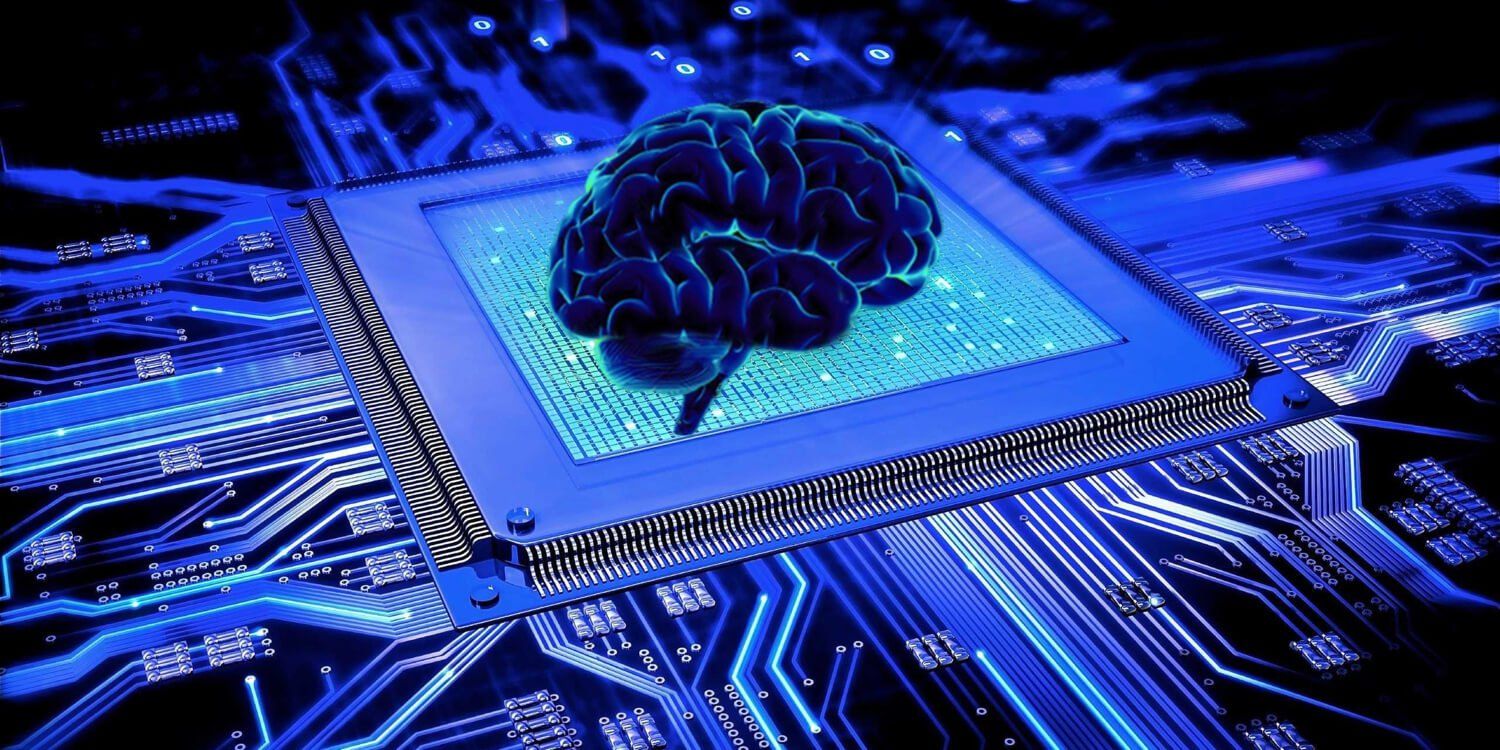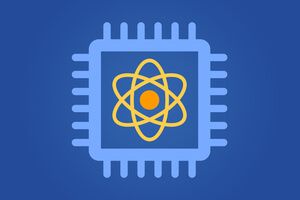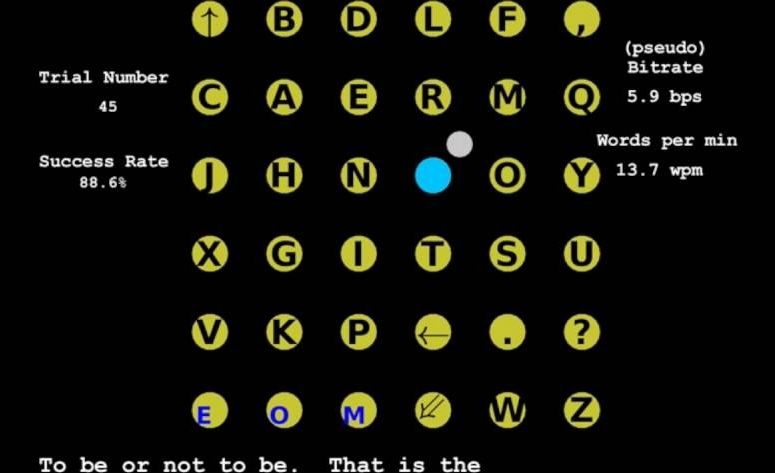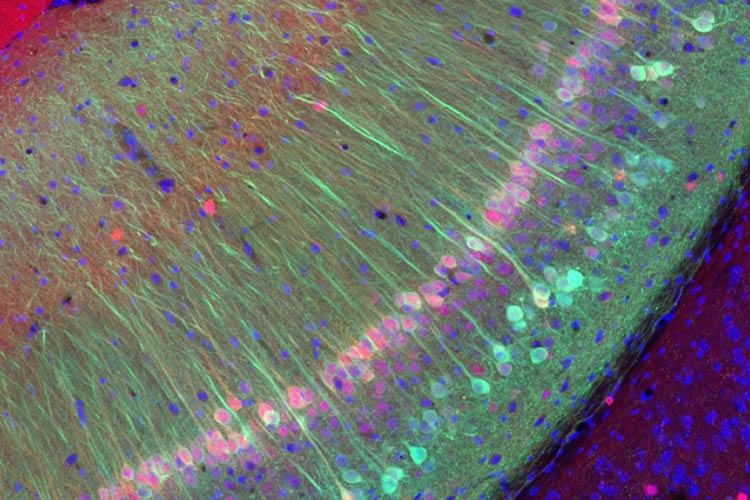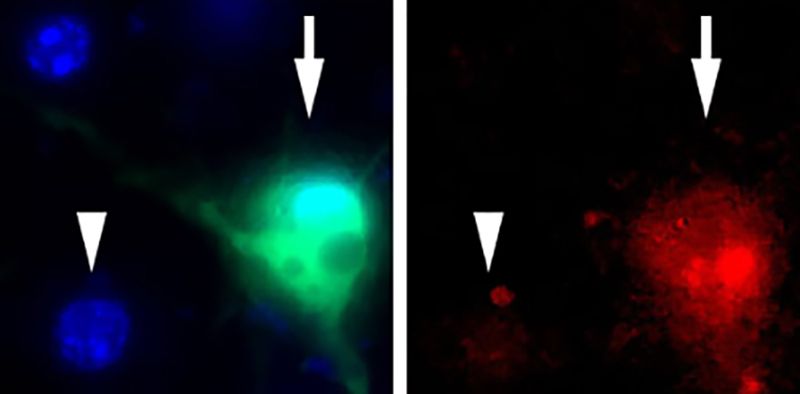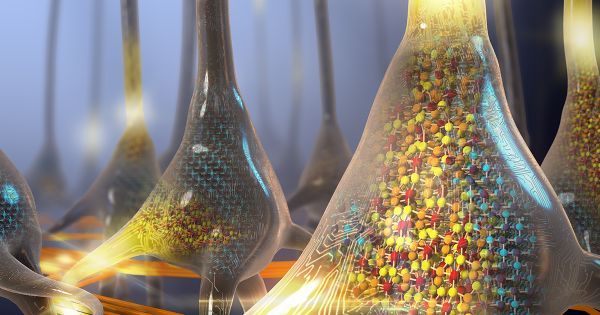Oct 5, 2016
New “Interscatter Communication” Could Let Your Implants Talk via Wi-Fi
Posted by Shailesh Prasad in categories: internet, mobile phones, neuroscience, wearables
In Brief.
Interscatter communication has enabled the first Wi-Fi communication between implanted devices, wearables, and smart devices.
Researchers from the University of Washington have created a new form of communication that allows devices like credit cards, smart contact lenses, brain implants, and smaller wearable electronics to use Wi-Fi to talk to everyday devices like watches and smartphones. It’s called “interscatter communication,” and it works by using reflections to convert Bluetooth signals into Wi-Fi transmissions in the air that can be picked up by smart devices.
Continue reading “New ‘Interscatter Communication’ Could Let Your Implants Talk via Wi-Fi” »
